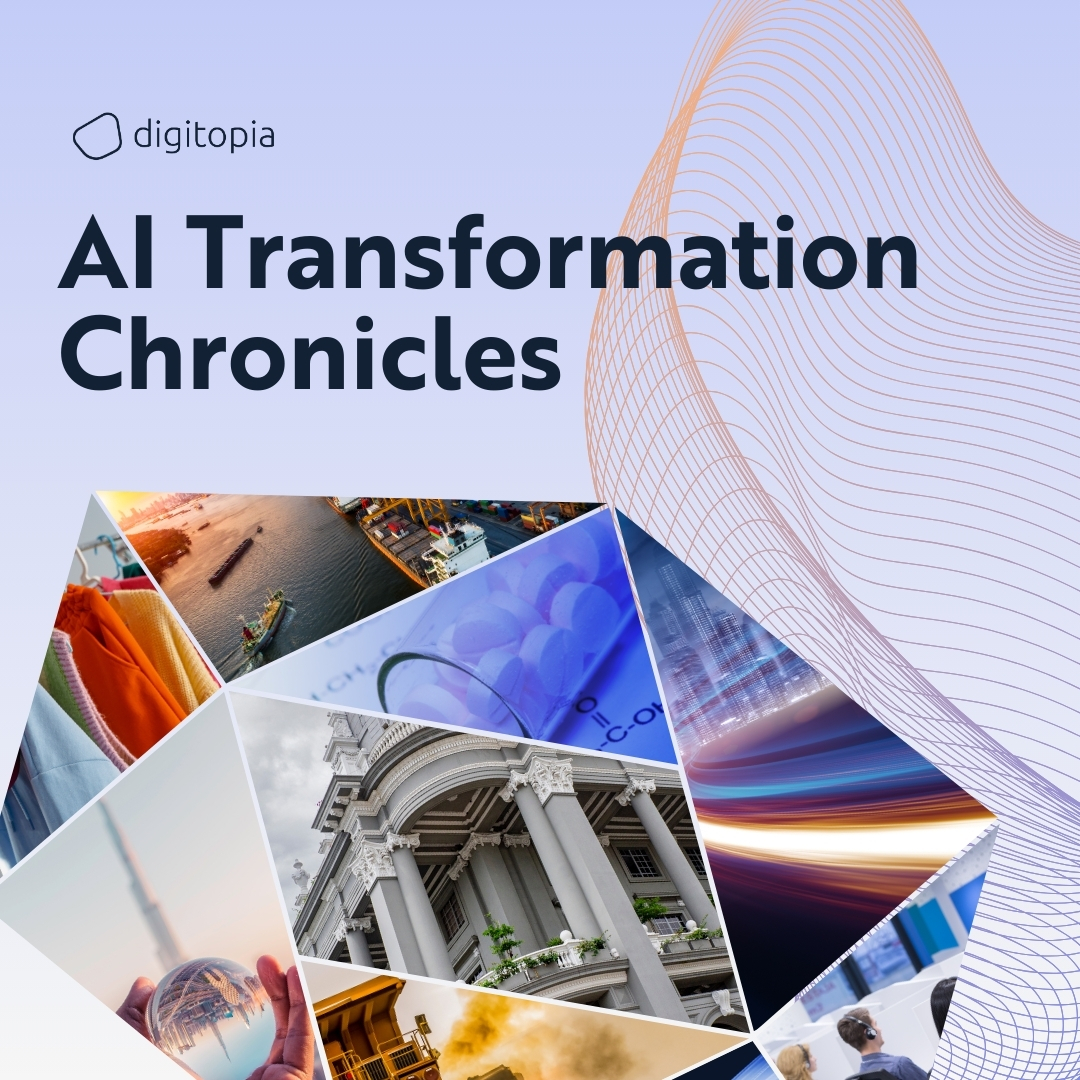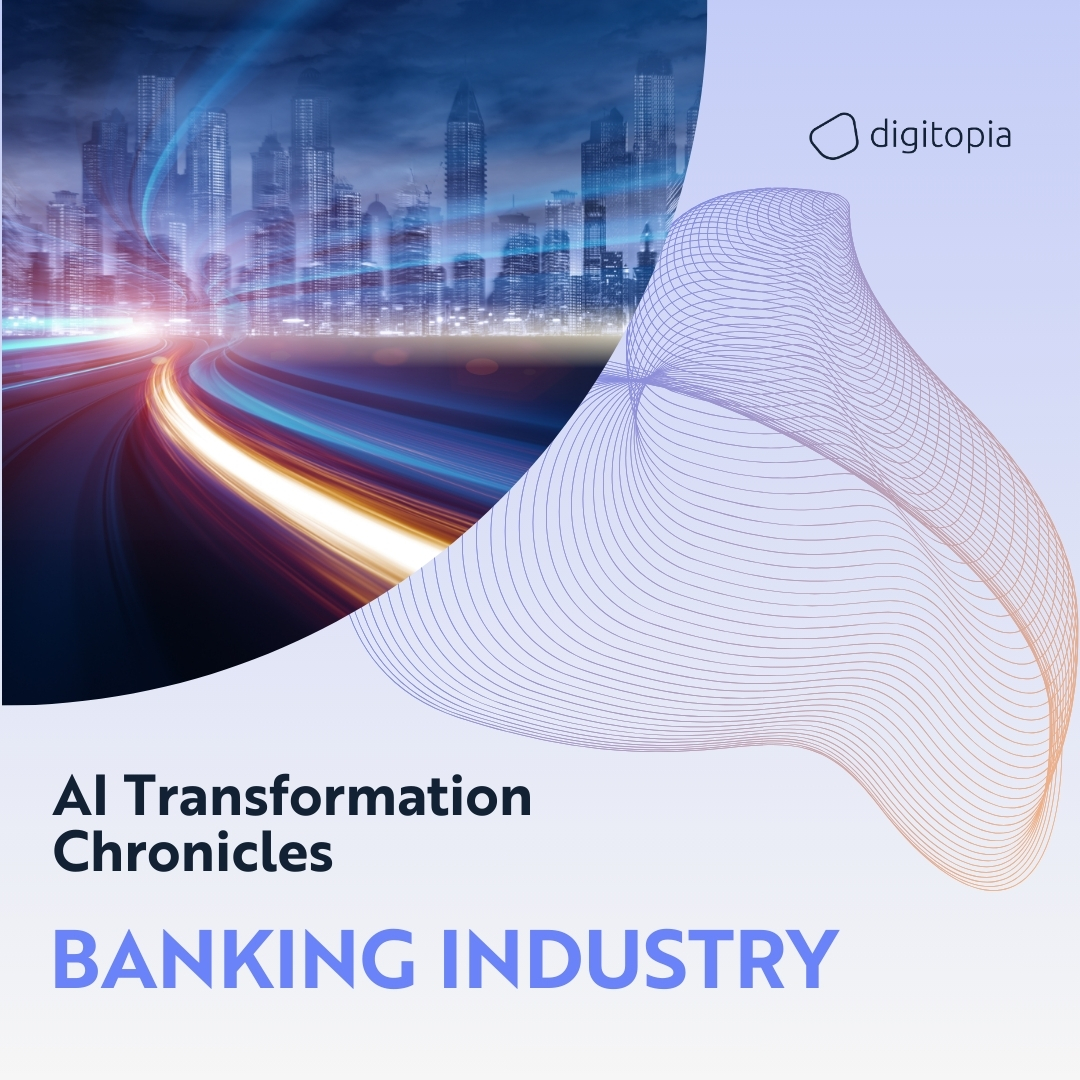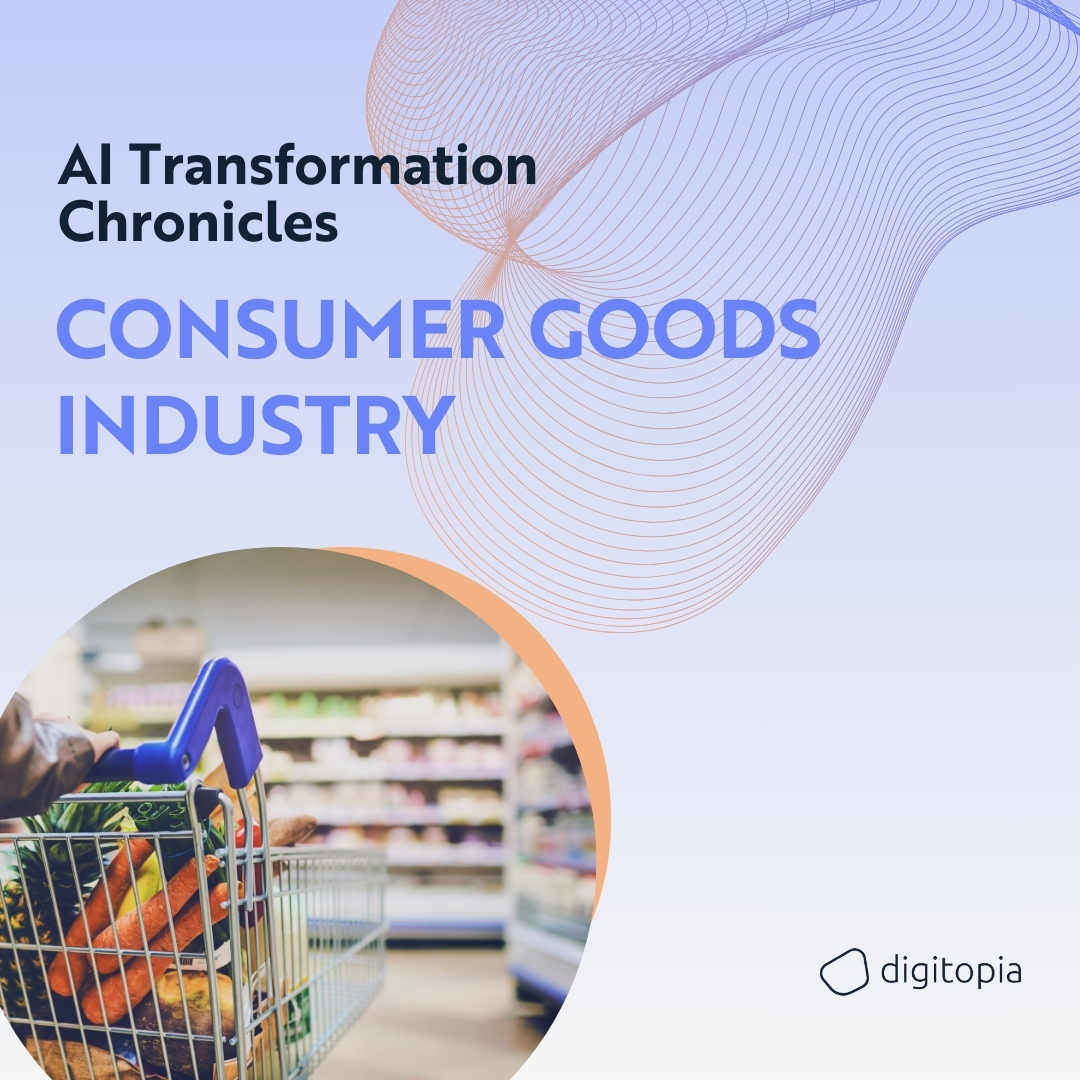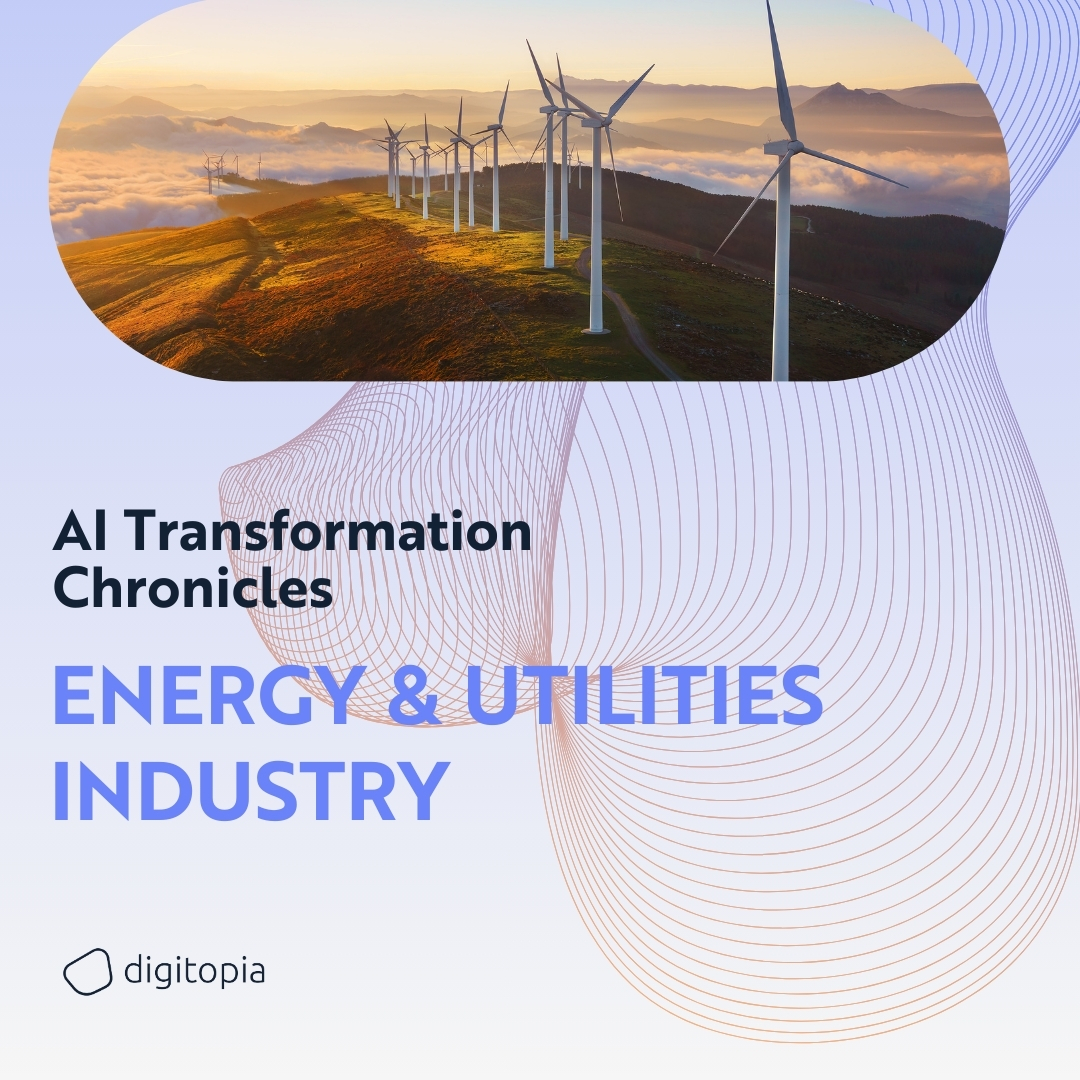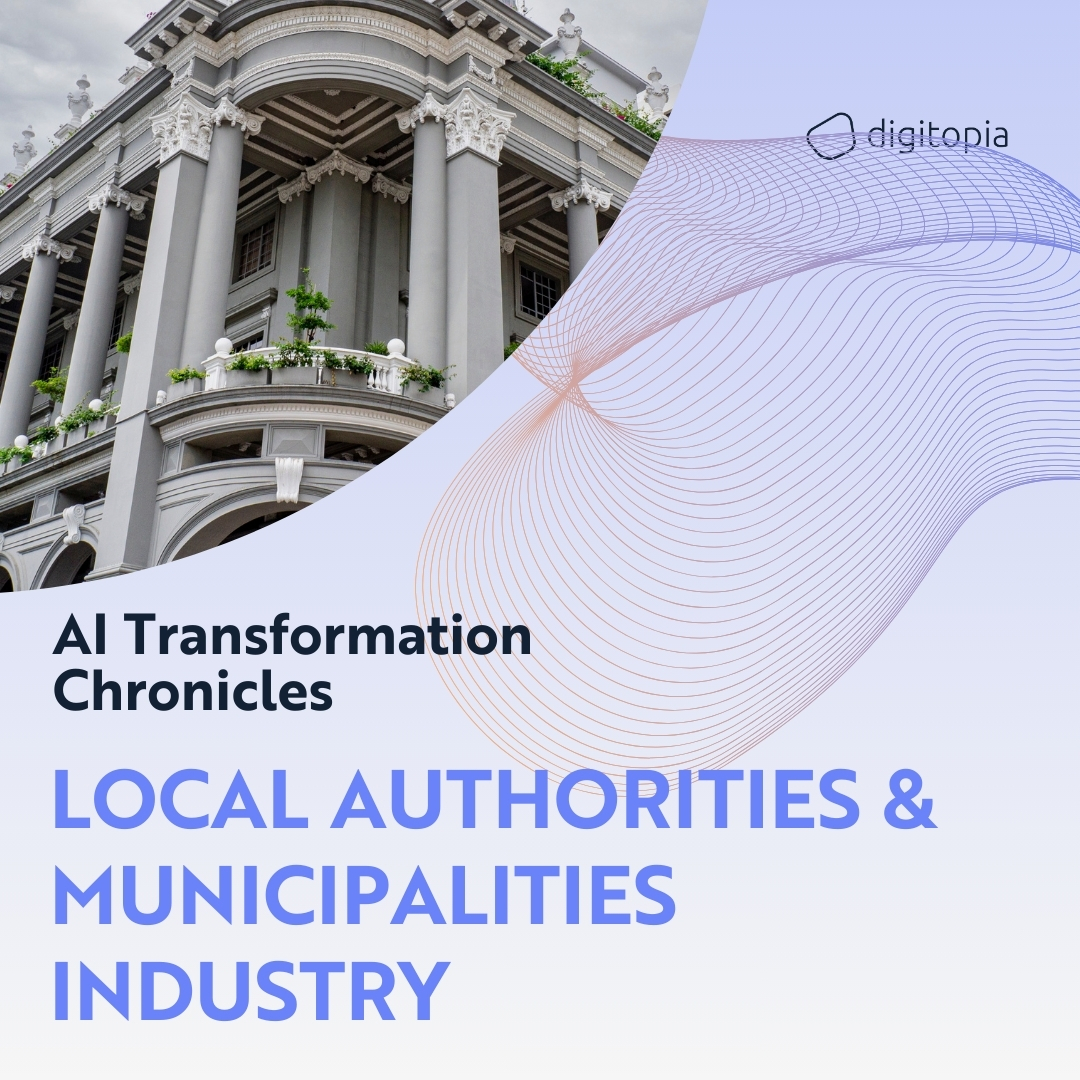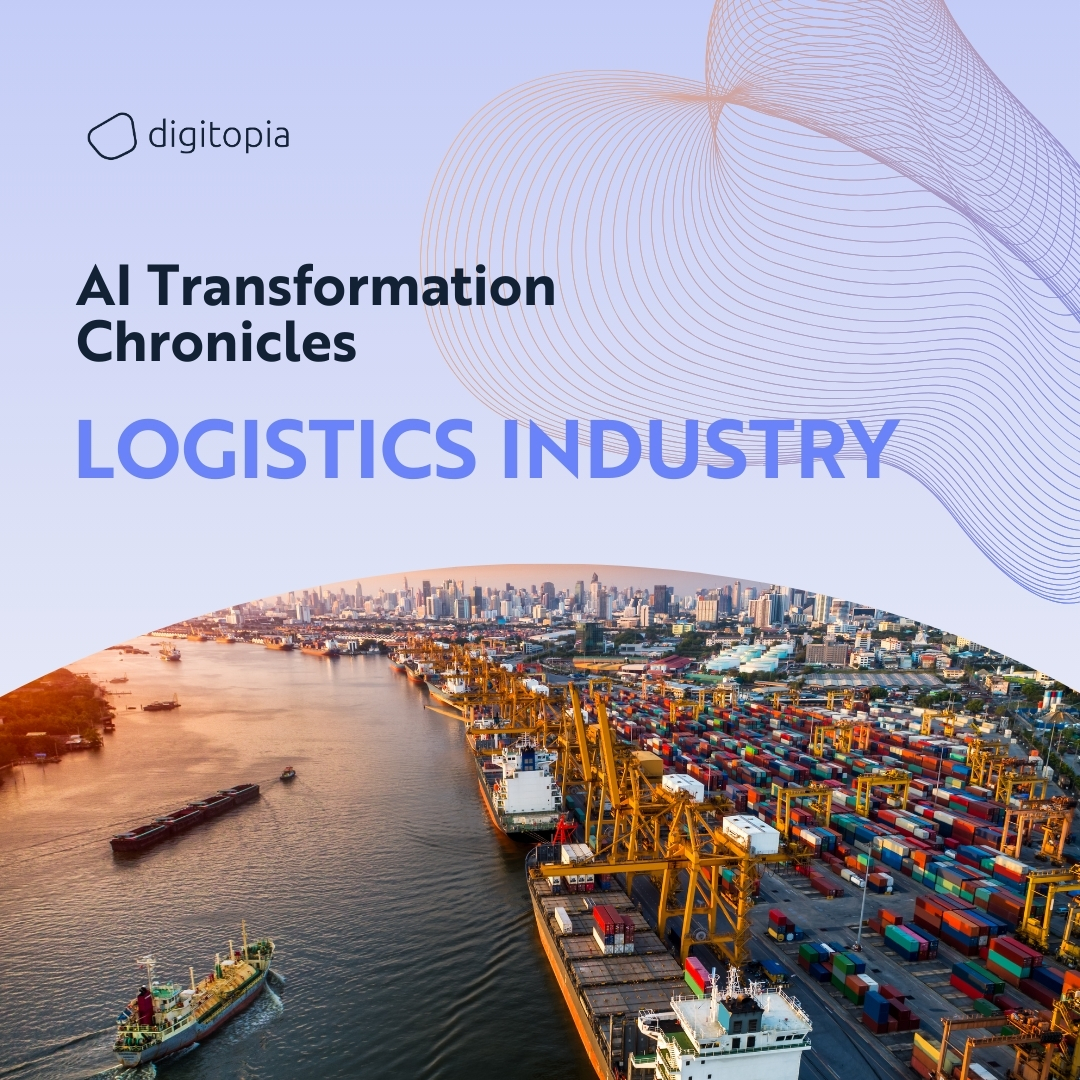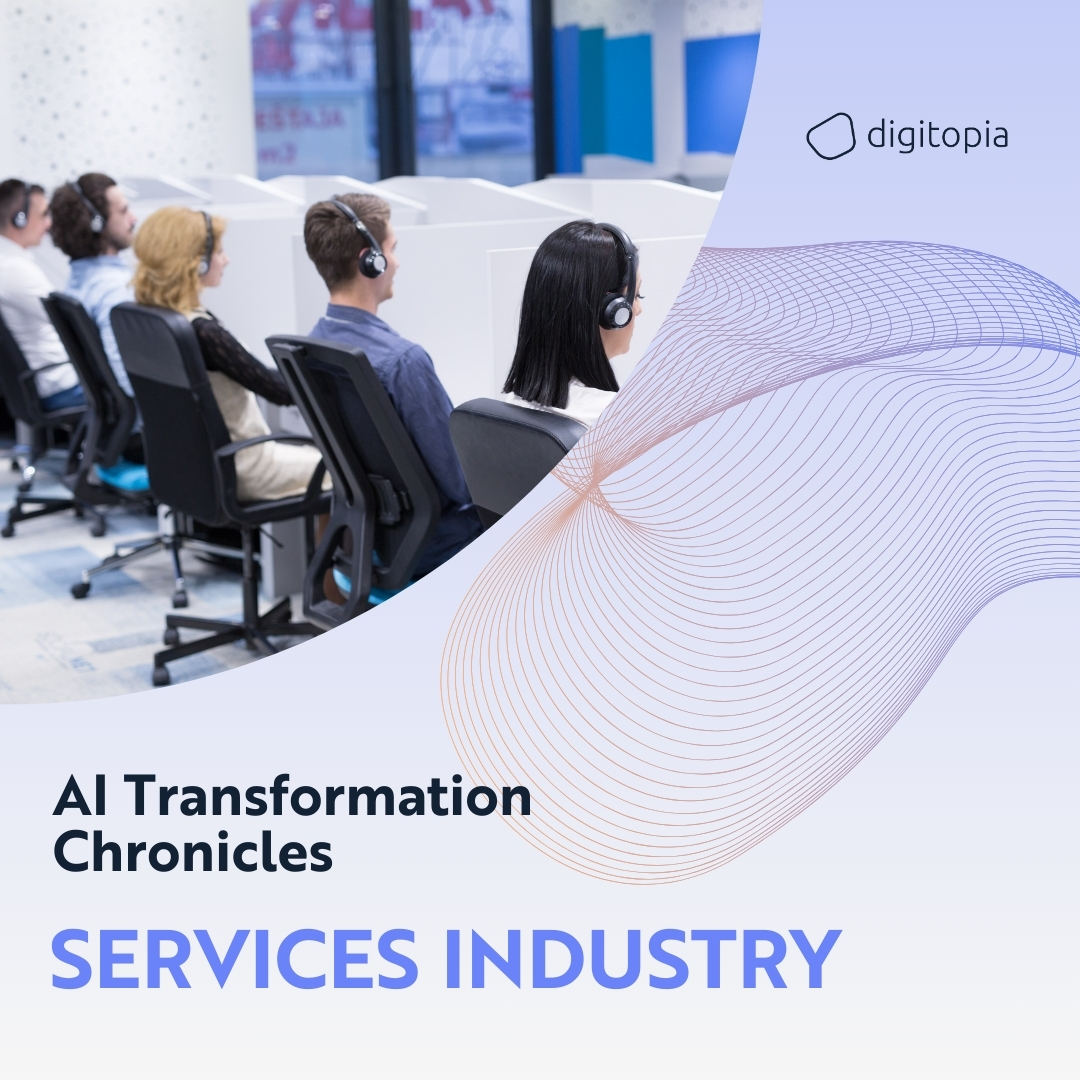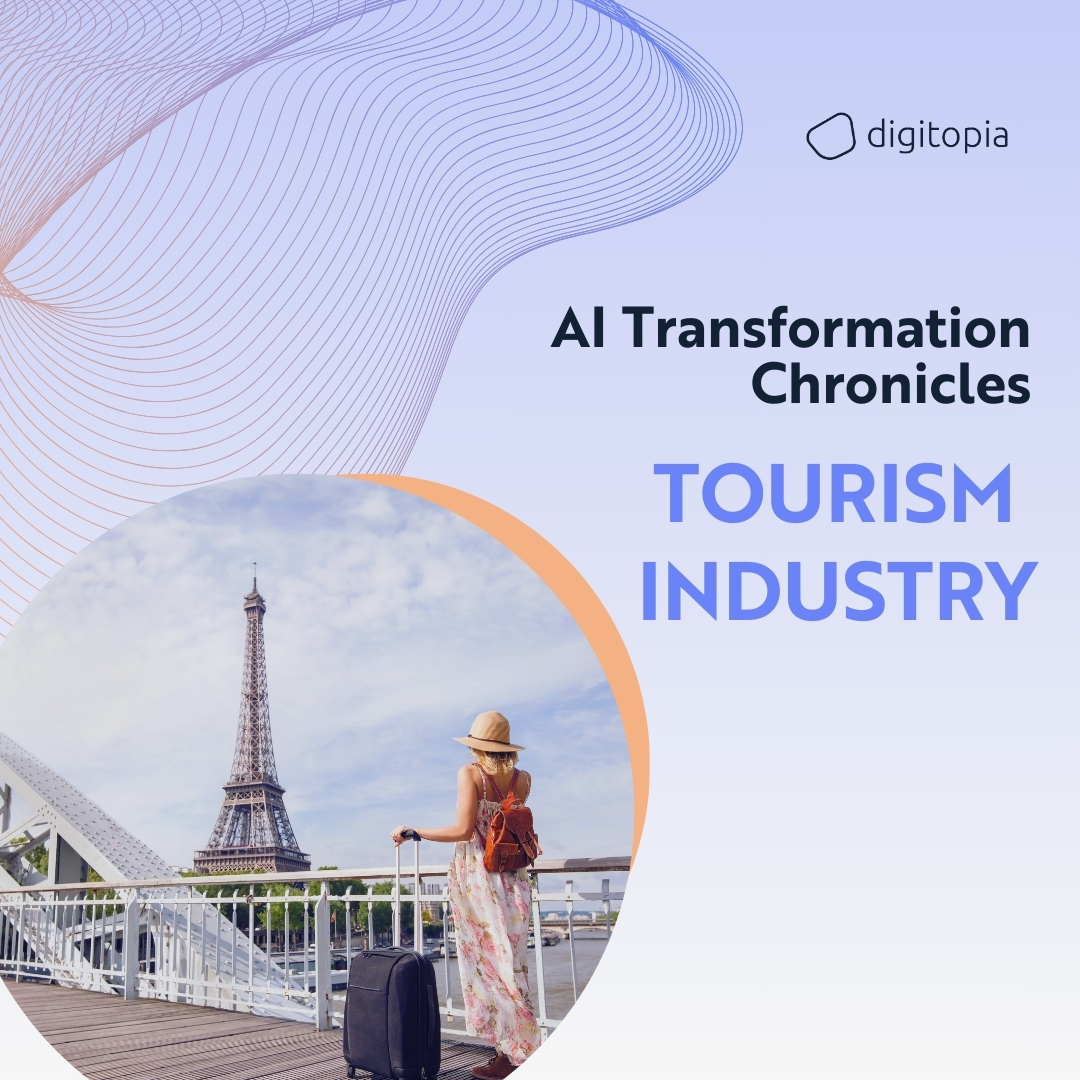
The e-commerce industry is experiencing a significant transformation driven by Artificial Intelligence (AI). From personalized shopping experiences and dynamic pricing strategies to optimized supply chain management and advanced customer service, AI is revolutionizing various aspects of e-commerce. Discover how AI in e-commerce industry is revolutionizing customer satisfaction, boosting operational efficiency, and driving unprecedented growth for online businesses.
The Promise of AI in the E-commerce Industry
AI offers immense potential to transform the e-commerce industry by providing personalized shopping experiences, optimizing operations, and enabling data-driven decision-making. By integrating AI technologies into their platforms, e-commerce companies can enhance customer engagement, streamline supply chain processes, and gain valuable insights into consumer behavior. Embracing AI is essential for e-commerce businesses aiming to stay competitive in a rapidly evolving market and meet the ever-changing demands of online shoppers.
Learn More: Top 10 Secrets to Succeeding with AI
Our comprehensive ebook provides actionable insights, real-world case studies, and proven strategies to help you integrate AI into your operations and drive growth.
Download Now
Key Use Cases in the E-commerce Industry
AI is revolutionizing the e-commerce industry by enhancing customer experiences, optimizing operations, and driving innovation. From personalized product recommendations and dynamic pricing to efficient supply chain management and advanced customer service, AI-driven solutions are transforming how e-commerce businesses operate and engage with customers. These advancements not only improve efficiency and profitability but also provide a competitive edge in a rapidly evolving market. This section explores the most impactful AI use cases in the e-commerce industry, demonstrating how these technologies are reshaping the landscape and setting new standards for excellence.
Personalized Shopping Experiences
- Product Recommendations: AI analyzes customer data to offer personalized product recommendations, enhancing the shopping experience and increasing sales.
- Dynamic Pricing: AI algorithms adjust prices in real-time based on demand, competition, and customer behavior, optimizing revenue and profitability.
- Personalized Marketing Campaigns: AI-driven marketing tools create targeted campaigns based on customer preferences and behavior, improving engagement and conversion rates.
- Customer Segmentation: AI segments customers based on their behavior, preferences, and demographics, enabling more personalized and effective marketing strategies.
- Visual Search: AI-powered visual search allows customers to search for products using images, enhancing the convenience and accuracy of product discovery.
Optimized Supply Chain Management
- Inventory Management: AI optimizes inventory levels by predicting demand and managing stock efficiently, reducing shortages and excess inventory.
- Demand Forecasting: AI-driven demand forecasting models analyze market trends, seasonal variations, and historical data to accurately predict future demand for products.
- Warehouse Automation: AI-powered robots and automated systems streamline warehouse operations, from sorting and packing to inventory management, enhancing efficiency and accuracy.
- Logistics Optimization: AI optimizes logistics and delivery routes, reducing transportation costs and improving delivery times.
- Supplier Management: AI analyzes supplier performance and market conditions to optimize procurement processes and ensure reliable supply chains.
Advanced Customer Service
- Chatbots and Virtual Assistants: AI-driven chatbots handle customer inquiries, provide real-time support, and facilitate transactions, improving service efficiency and customer satisfaction.
- Customer Sentiment Analysis: AI analyzes customer feedback from various channels to gauge sentiment and identify areas for improvement, helping companies enhance their products and services.
- Predictive Customer Insights: AI predicts customer behavior and preferences, enabling proactive customer service and personalized support.
- Fraud Detection: AI detects and prevents fraudulent activities in transactions, ensuring secure and trustworthy services.
- Returns Management: AI optimizes returns processes by predicting return rates and streamlining handling procedures, reducing costs and improving customer satisfaction.
Powerful Success Stories in AI-Driven E-commerce
The AI revolution in the e-commerce industry is already underway, with leading companies demonstrating the transformative power of artificial intelligence. These success stories illustrate the significant benefits of AI adoption, from personalized shopping experiences and optimized pricing to efficient supply chain management and enhanced customer service.

Amazon – Personalized Shopping Experiences
Challenge: Amazon aimed to enhance the customer shopping experience by offering personalized product recommendations based on individual preferences and behavior.
Solution: Amazon implemented an AI-driven recommendation system that analyzes customer data, including browsing history, purchase behavior, and product reviews, to provide personalized product suggestions.
Benefits: The AI-driven recommendation system significantly improved the shopping experience on Amazon, leading to higher customer satisfaction and increased sales. Customers received relevant product recommendations tailored to their preferences, enhancing engagement and loyalty.

Alibaba – Optimized Supply Chain Management
Challenge: Alibaba needed to optimize its complex supply chain to ensure timely delivery and reduce operational costs.
Solution: Alibaba implemented AI-driven supply chain management systems that predict demand, optimize inventory levels, and streamline logistics and delivery routes.
Benefits: The AI-driven supply chain management systems significantly improved operational efficiency and reduced costs for Alibaba. The company enhanced its ability to meet customer demand and maintain high service levels, positioning itself as a leader in the e-commerce industry.

Zappos – Advanced Customer Service
Challenge: Zappos aimed to enhance its customer service by providing efficient and personalized support to its online shoppers.
Solution: Zappos implemented AI-driven chatbots and virtual assistants that handle customer inquiries, provide real-time support, and facilitate transactions.
Benefits: The AI-driven customer service systems significantly improved service efficiency and customer satisfaction for Zappos. Customers received timely and relevant support, enhancing their overall shopping experience and loyalty to the brand.
Key Recommendations for Successful AI Transformation in the E-commerce Industry
To achieve successful AI transformation in the e-commerce industry, companies need to focus on harnessing the full potential of their vast data resources, identifying and executing high-value use cases with agility, and fostering continuous innovation through ecosystem collaboration. These strategic recommendations provide a roadmap for e-commerce leaders to drive significant advancements and maintain a competitive edge.
Harness the Full Potential of Vast Data Mountains
- Invest in Robust Data Infrastructure: Develop a comprehensive data infrastructure that can collect, integrate, and analyze large datasets from various sources. Ensure data quality, security, and accessibility to enable effective AI implementation.
- Leverage Advanced Analytics: Utilize advanced AI and machine learning algorithms to extract actionable insights from data. This enables better decision-making, personalized customer experiences, and optimized operations.
- Foster a Data-Driven Culture: Encourage a culture where data-driven decision-making is at the core of business operations. Train employees on the importance of data literacy and how to use data analytics tools effectively.
Find the Best Business Value Use Cases and Execute in an Agile Manner
- Identify High-Impact Use Cases: Focus on AI projects that align with strategic business objectives and have the potential to deliver measurable value. Prioritize use cases that address key challenges and opportunities within the e-commerce value chain.
- Adopt Agile Methodologies: Implement AI projects using agile methodologies to ensure rapid development, testing, and iteration. This approach allows for quick adjustments based on feedback and evolving business needs, ensuring faster and more efficient execution.
- Measure and Optimize: Continuously measure the performance of AI initiatives using relevant metrics and KPIs. Use this data to optimize processes, improve outcomes, and ensure that AI projects deliver the expected value.
Follow the Industry Closely and Innovate Jointly with the Ecosystem
- Stay Informed on Industry Trends: Keep abreast of the latest developments and trends in the e-commerce and AI landscape. This helps in identifying new opportunities and staying competitive.
- Collaborate with the Ecosystem: Build strong partnerships with technology providers, academic institutions, and industry consortia. Collaborate on innovative projects, share knowledge, and access advanced tools and platforms.
- Foster Continuous Innovation: Encourage a culture of continuous innovation by investing in R&D and exploring new AI-driven solutions. Engage with the broader ecosystem to co-create and test innovative ideas that can drive growth and differentiation.
By focusing on these key areas, e-commerce companies can effectively harness the power of AI to enhance operational efficiency, personalize customer experiences, and drive continuous innovation. These recommendations provide a strategic framework for achieving long-term success and resilience in a dynamic and competitive market.
The Role of AI Maturity Index Measurement and Benchmarking
To ensure the success of AI initiatives, it is crucial for e-commerce companies to continuously measure and track their AI maturity. The AI Maturity Index provides a comprehensive assessment of current AI capabilities, benchmarks progress against industry standards, and identifies areas for improvement. By regularly evaluating AI maturity, companies can make informed decisions, optimize strategies, and ensure that AI initiatives align with business goals. This continuous measurement fosters a culture of accountability and drives sustained success, enabling organizations to fully realize the transformative potential of AI.



